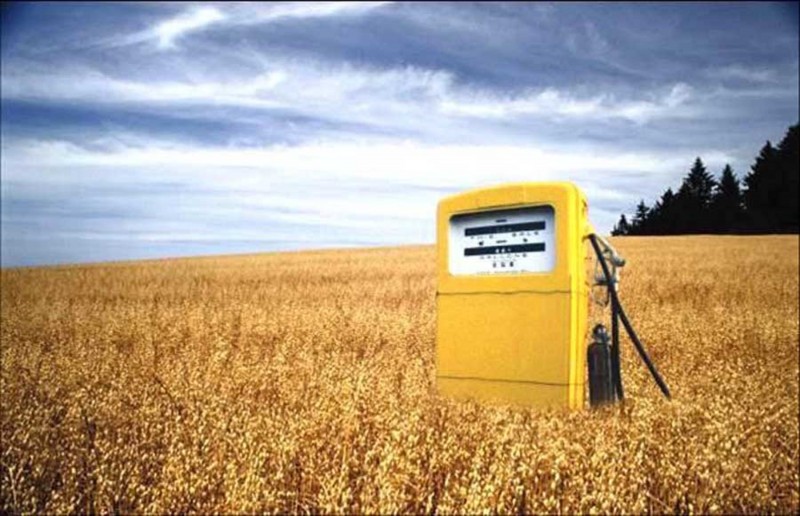
In recent years, there has been a growing interest in alternative energy sources to reduce our dependence on fossil fuels. One such alternative is biofuels, which are derived from organic materials like plant oils and animal fats. Among these, animal fat biofuels have gained attention as a potential environmentally friendly option. However, a closer look reveals that these improved animal fat biofuels may have their drawbacks and could potentially be more harmful than beneficial. Let's delve into this topic in simple, easy-to-understand terms.
Animal fat biofuels, also known as biodiesel, are created by converting animal fats into a fuel source. These biofuels have gained popularity because of several perceived benefits:
The production and use of animal fat biofuels were initially seen as a way to reduce greenhouse gas emissions. Unlike fossil fuels, biofuels are considered carbon-neutral since they only release the carbon dioxide absorbed by the plants or animals during their growth.
Animal fats, often considered waste products in the meat processing industry, can be repurposed into biofuels. This repurposing was considered an eco-friendly way to make use of existing resources.
Using animal fat biofuels was seen as a step towards energy independence since it could reduce reliance on foreign oil sources.
While the promise of animal fat biofuels is appealing, there are several potential drawbacks and concerns:
To meet the growing demand for biofuels, there might be increased pressure on agricultural land. This could lead to deforestation and habitat destruction as more land is converted for biofuel crop cultivation.
As animal fat biofuels gain popularity, there's a concern that they might compete with food production. When edible animal fats are diverted to biofuel production, it could drive up food prices and exacerbate food security issues.
Biofuels, including animal fat biofuels, have lower energy density compared to traditional fossil fuels. This means that vehicles running on biofuels might have reduced mileage, which could be inconvenient for consumers.
The production process for animal fat biofuels isn't entirely free of emissions. The extraction, processing, and transportation of animal fats contribute to greenhouse gas emissions.
While animal fat biofuels were initially touted as environmentally friendly, recent studies suggest that their environmental impact might not be as positive as once thought. Factors like land use change and emissions during production must be considered.
In conclusion, improved animal fat biofuels have both their benefits and drawbacks. While they were initially promoted as a greener alternative to fossil fuels, their environmental impact is complex and uncertain. It's essential to consider the broader implications of biofuel production, including land use changes, competition with food production, and emissions during production.
As we continue to explore alternative energy sources, it's crucial to conduct thorough research and carefully weigh the pros and cons of each option. The path to a sustainable and eco-friendly energy future may not be as straightforward as we once believed.
7 superfoods that will reverse facial aging in 30 days
How much bread should one eat in a day to stay healthy?
Why Is the Prostate Enlarged? Examine Signs And Treatment Options